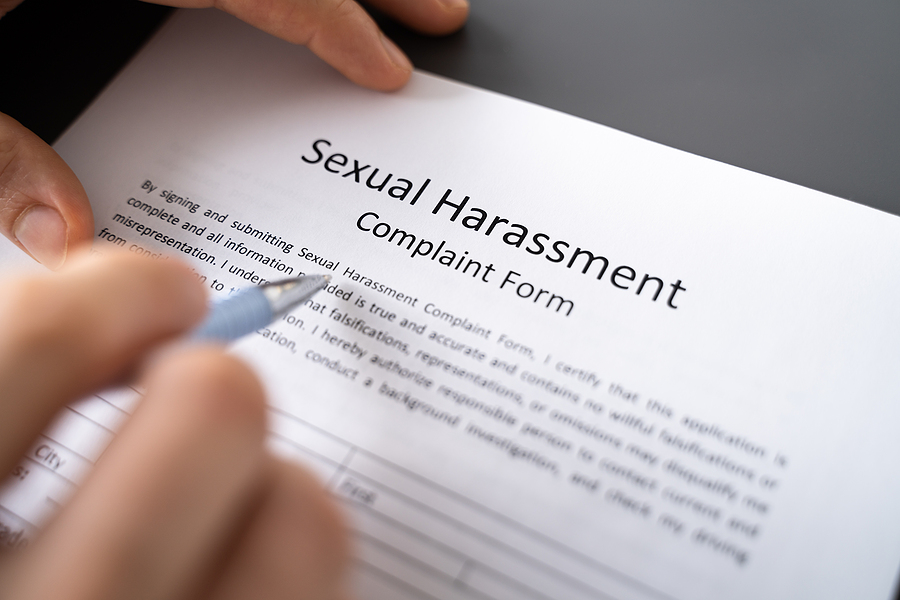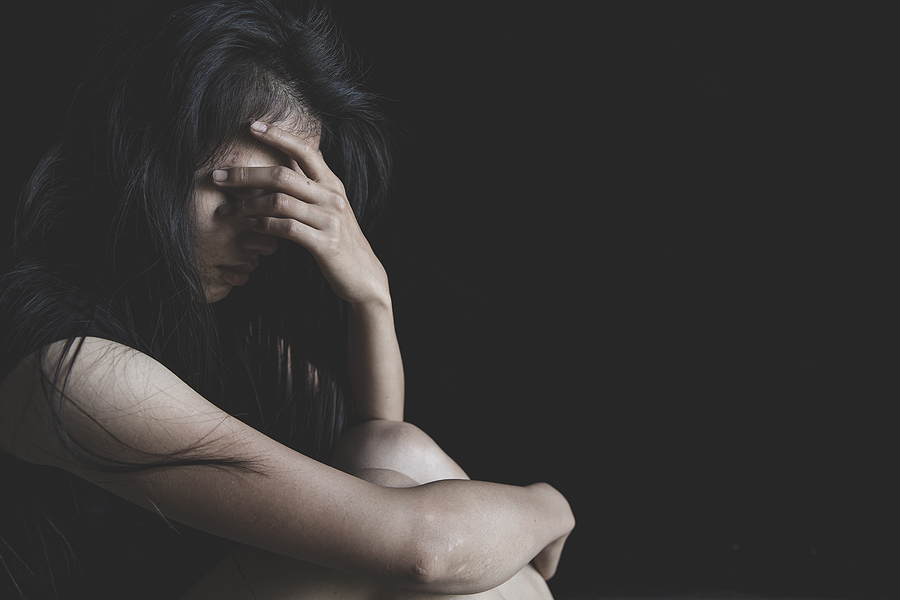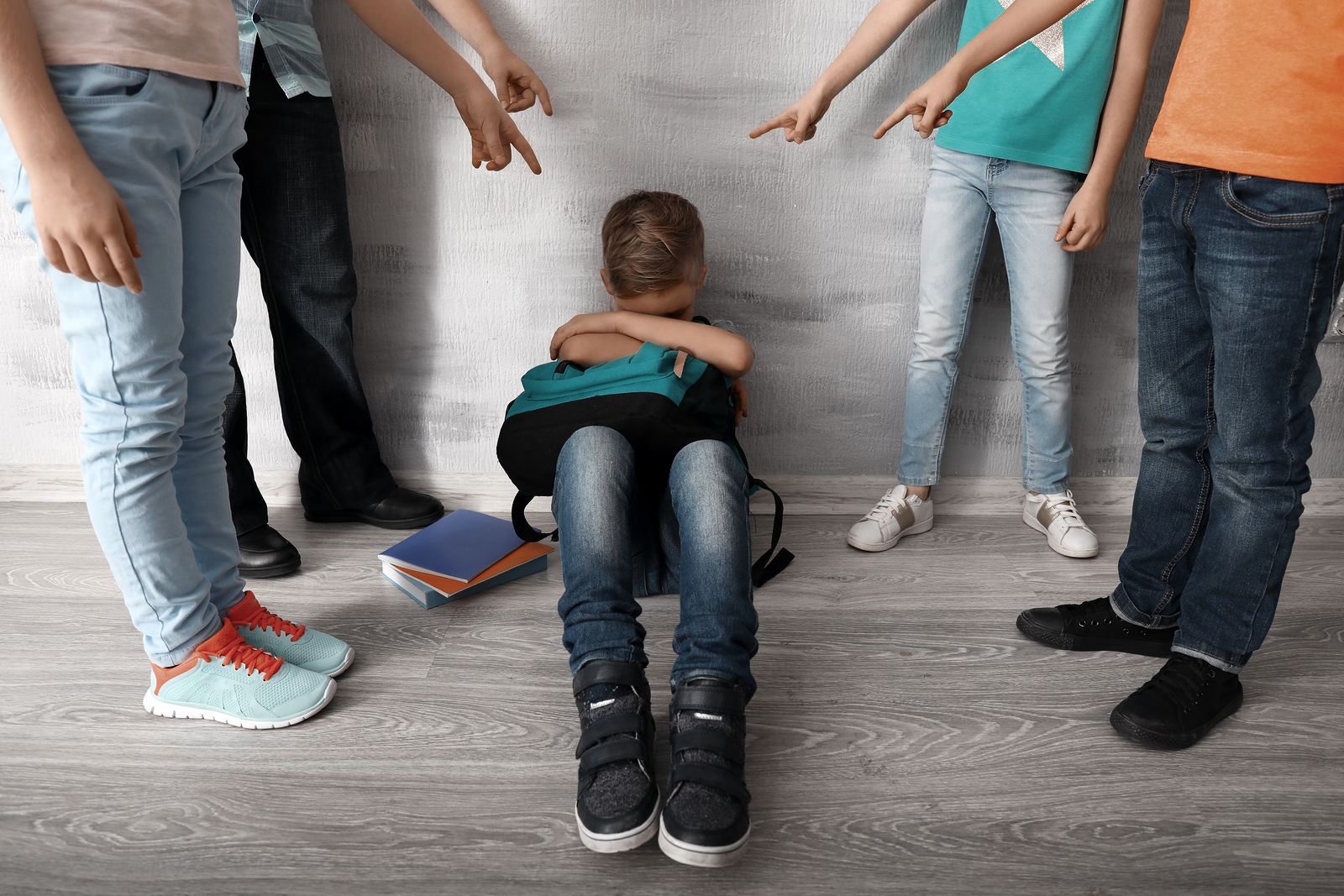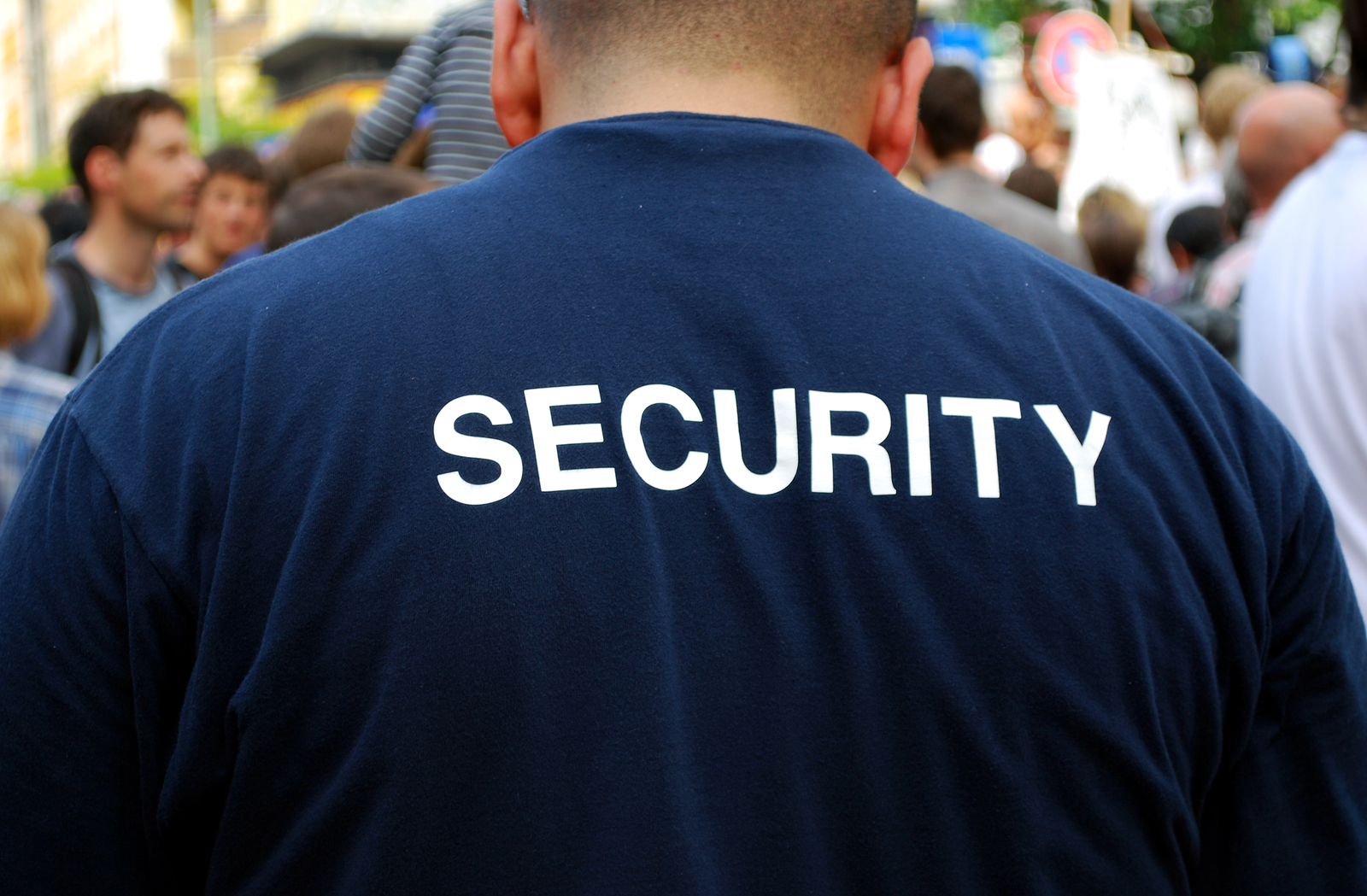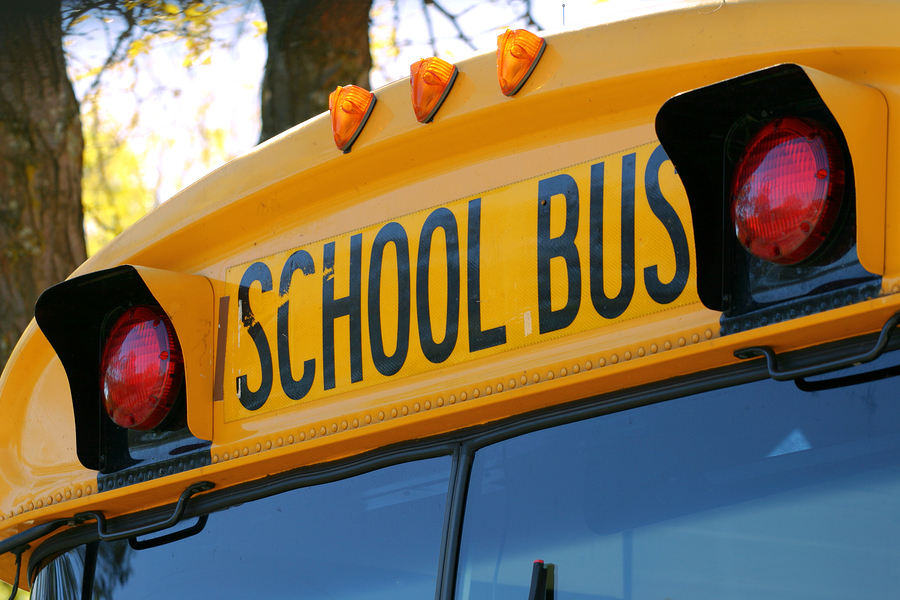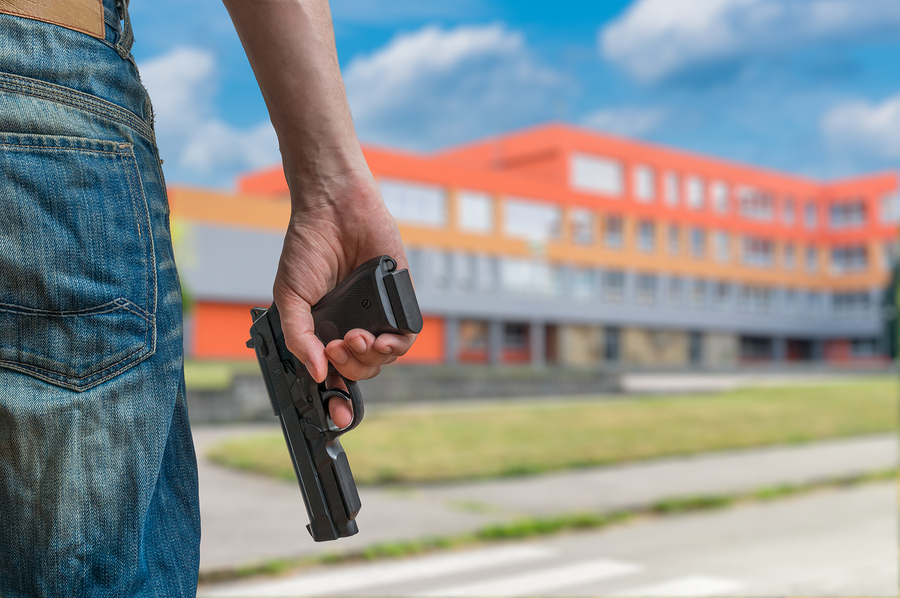The New Title IX Rule on Addressing Sex Discrimination in K–12 and Postsecondary Schools — Part 2: Title IX Complaint Process
Part 1 of this series provided a general overview of the Title IX Amendments of 2020 (the new Title IX rule or the Final Rule), how they differ from previous amendments, a definition of sexual harassment, the role of the Title IX coordinator, and who should report allegations of sexual...




